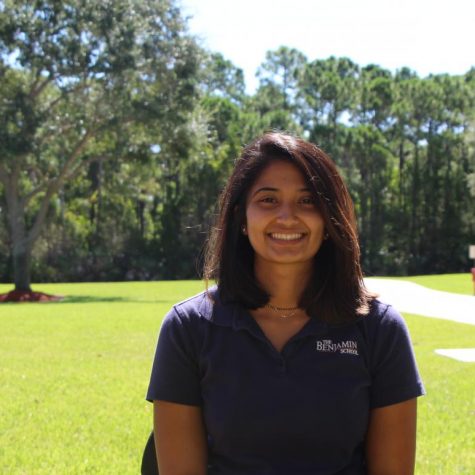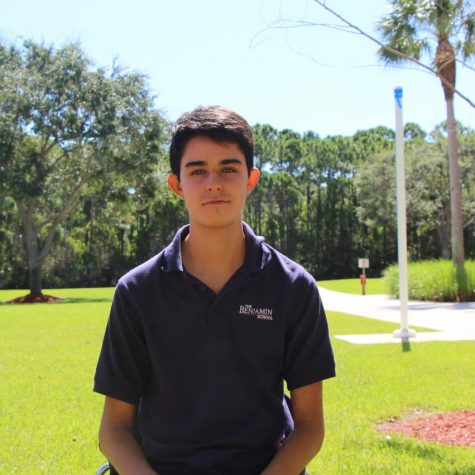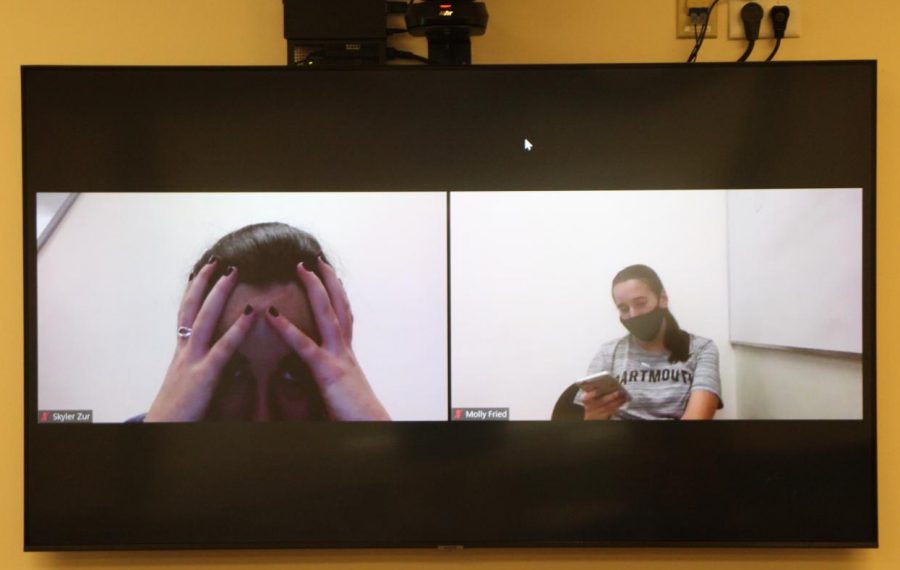Remote Learning Greatly Impacts Students’ Mental Health
While learning virtually, one student is frustrated and stressed while the other is unconcerned on her phone. Although some students feel more comfortable learning virtually for health reasons, it can seriously impact their mental health.
Amidst the School’s decision to implement a hybrid system of schooling, students are split on whether the virtual effect is detrimental to their well-being.
According to a February 23rd, 2018 Medical News Today article (https://www.medicalnewstoday.com/articles/321019#Social-context-determines-healthful-habits), written by Maria Cohut, social interaction is key to good health. The article states that “when we communicate with people face-to-face, it could help to make us more resilient to stress factors in the long run.” While this is an example of the mental health benefits, the article also discusses the physical health benefits that result from social interaction. “Being around people who encourage us to keep healthful habits or achieve challenging lifestyle goals could help us to remain mindful of our eating, exercise, and other lifestyle-related habits.”
Experiencing the negative effects of the lack of a social life while being quarantined from friends and participating in virtual school, junior Kiley Malmberg says, “I am adjusting to being online as best I can, even though it is tough with people now being in school. It has definitely affected my mental health. It makes me sad that I can’t be there with my peers, as I miss having that everyday interaction.”
Despite the difficulties and obstacles Malmberg experiences due to COVID-19 and the consequential hybrid situation, she acknowledges that “[her] teachers are doing their best to include [virtual students].”
Senior Madde Hart also feels as though virtual school has become detrimental to her mental health. “It’s a lot harder than I was expecting. When you’re a kid, so many of your actions are driven by conformity because you don’t want to be an outsider, but now we’re literally watching all our friends have fun from the outside,” she says. “It reminds me of the Greek myth of Tantalus – it’s hard to stay happy in the face of these challenges when you feel like you’re being forced to watch what you know you can’t have.”
A report given by No Isolation (https://www.noisolation.com/global/research/consequences-of-social-isolation-for-children-and-adolescents/) addresses the consequences of being in social isolation, which many students have resorted to due to COVID-19 enduring prominence in the country, and in Florida especially. It states how “humans are social beings.” The report cites a study conducted by scientists at the Norwegian Social Research Institute (NOVA) in which they compared students who had close friends to confide in and those who do not. The result showed that “a significantly greater proportion of those lacking a close friend reported having depressive symptoms than those with close friends.” While COVID-19 will not keep students stuck inside forever, “school absence leads to less social interaction and can result in some children completely losing touch with friends.”
Although many studies have shown the negative side effects of social isolation, some students do not mind being at home, either due to the fact that they enjoy the comfort of their home or merely because they believe the magnitude of the situation outweighs the desire to be at school and with their peers.
Senior Crystal Pauldo enjoys the idea of attending classes at home. She says that she is adjusting to online school easily. In fact, when asked about the effect of virtual school on her health, she said, “I feel my mental health is healthier at home then it was at school. I think Benjamin should have implemented an online option years ago. Some students find it harder to enjoy learning when being in the Benjamin Bubble, and it is nice to be able to do that from home.”
While Pauldo simply enjoys online school, Senior Aidan Le is more than happy to sacrifice his social life for the safety of his family and himself. “Often the benefits of staying home are enough to offset the worries of missing out on people at school,” he says. When he was asked about whether seeing people attending school in person is making him contemplate his decision about remaining virtual, he said, “No, no it isn’t. Maybe for ease of learning; however, I would like fully functioning lungs by the time I’m 30.”
Regardless of whether students are in favor of virtual school or believe that it is detrimental to their health, they acknowledge that they are in it for the long run, just as is COVID-19.

Tvisha Goel is a senior at The Benjamin School is the Co-Editor-in-Chief for The Pharcyde and has been a part of the staff for three years. She loves...

Evan is a senior and in his third year at The Pharcyde. He serves as Managing Editor of the newspaper and is President of the affiliated writing club....


